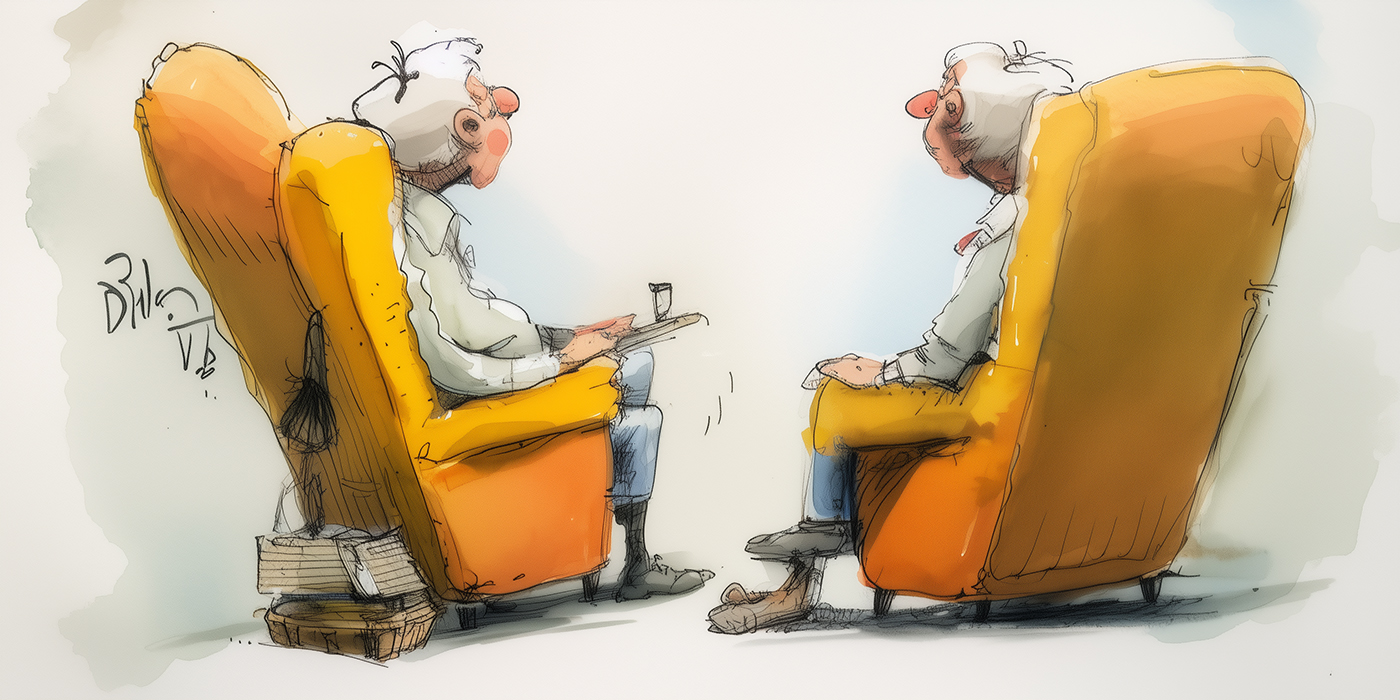
Highlighting the SA Literature Committee
I knew from the start of my journey in SA that our founder, Roy K. wrote Sexaholics Anonymous (the “White Book”) and then later learned that he also wrote Recovery Continues, Discovering the Principles, and several SA pamphlets. However, for many years, I wondered who writes all our other wonderful SA literature and what’s involved in the publication process. Then the opportunity arose to do international service, and I volunteered to join the Literature Committee.
I’ve since learned that each new project has a Sponsoring Editor, an experienced, long-time sober SA member who writes the book or pamphlet on the chosen subject. This person is appointed by the Literature Committee (Litcom) and approved by the Trustees. The Sponsoring Editor chooses whether to write it on their own or have a committee to help.
The term “program literature” refers to publications that have been through a rigorous, formal procedure in Litcom, which includes up to 17 distinct and separate steps to review, comment, and suggest any alterations or corrections to each draft document. These reviews are carried out by Litcom, the Trustees, and a selected group of readers along the route to finally be approved for publication by the General Delegate Assembly (GDA), which is the group conscience of our whole Fellowship (see Concept Two).
This is all why we can have confidence that our Program literature has been thoroughly scrutinized and approved by group conscience. We also know it’s suitable to give to a newcomer.
There are about 40 different titles (books and pamphlets) now available, with several new ones in the pipeline. SA has also formally approved all Alcoholics Anonymous conference-approved literature, which has been through a similar process.
Our literature was written by sexaholics for sexaholics, by those who have been through the same struggles and have recovered from a seemingly hopeless state of mind and body. The writers have found a way out that works, and they give us valuable examples of what they’ve done to end the destruction in their lives and how they live a happy, productive, and peaceful life. As addiction is a forgetting illness, these writers’ experiences remind us what it was like, what happened, and what it’s like now.
Addiction is also a very lonely illness. In the literature, we see our own stories, our thoughts, our fears, our obsessions, etc. We realize that we are no longer alone.
No matter how long we have been sober in the SA Program, the literature continues to provide us with Program tools and constructive ideas for dealing with any difficult or painful circumstance. It carries a reassuringly consistent, positive, and proven message for recovery and growth in that recovery.
It contains a message of hope, a solution—the Solution.
Raymond H., Leeds, UK — Litcom Chair
Serving on the SA Translations Committee
Step Twelve reminds us to carry the message of SA to sexaholics around the world. An important tool for my recovery has been service work on committees such as the SA Translations Committee (TC). Since 2020, I have been a liaison between the worldwide level and those who translate material into Spanish and Portuguese.
A significant resource for recovery is our literature, like the White Book, pamphlets, and audiovisual media. These materials are still not available in some languages. To help non-English speakers seeking to recover from lust addiction, SA formed the TC. There are at least 50 languages with 40 million speakers around the world; today, he TC supports 27 of those languages.
We’ve had few volunteers working with us on the TC, which means that most committee members support two or more different languages. Our volunteers include some General Delegates even when they don’t speak one of the languages we support. TC members serve as liaisons between regional groups that do translation work, SAICO, and the Roy K. Trust. Our objective is to ensure that the proper procedures are followed to produce “approved literature” for use in SA meetings that are held in languages other than English.
Members anywhere can begin translating the literature of the Fellowship, but it’s not considered official until it has gone through the SA approval process. A person or region heading up the translation should contact the TC through SAICO to get the needed documents for the approval process. Requests should include the name of the group leading the translation work and a contact person.
Once the translation is complete, a second review is conducted by someone verified as independent of the original translating group. This is to confirm that the translation is accurate and represents the original message.
This translation work is very rewarding! I have gained new insights into the SA message which have strengthened my continued recovery. It has also given me great opportunities to fellowship with members around the world by lifting linguistic barriers.
I’m calling on members of SA everywhere to consider service work on the Translations Committee to help the sexaholic who still suffers in languages other than English. We will all benefit from your experience, strength, and hope.
Antonio S., Tennessee, USA






